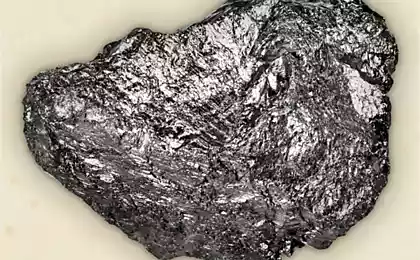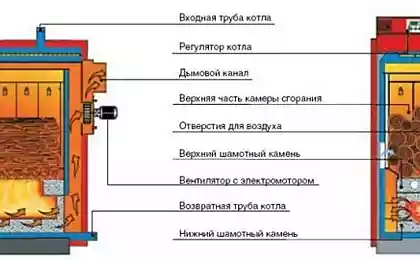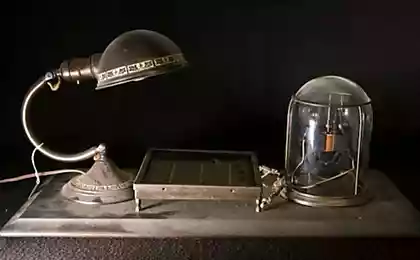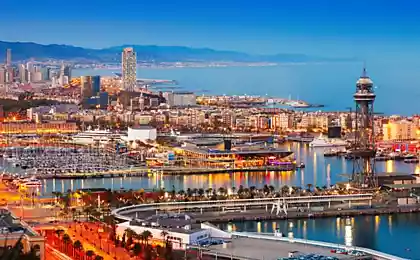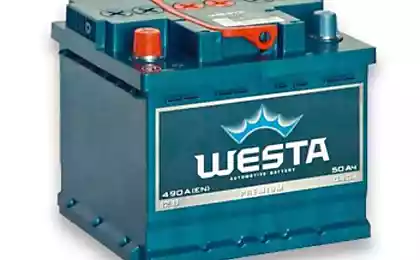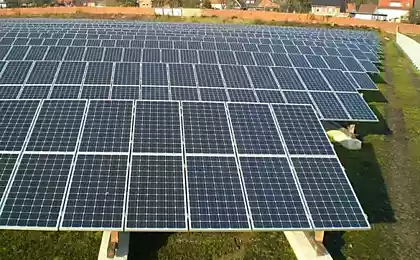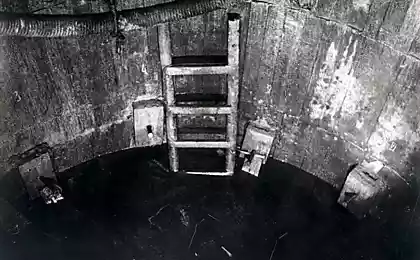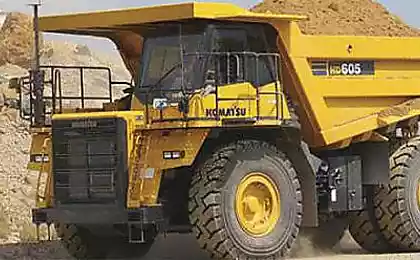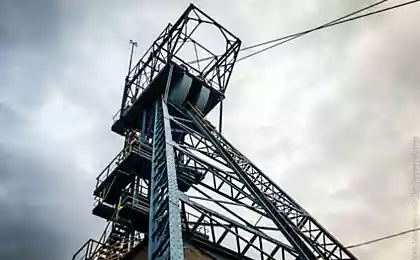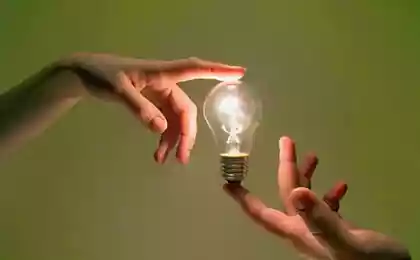522
Coal mine in Germany will turn into the energy storage system
The largest coal mine in Germany, which for nearly half a century has provided the German industry will get a second life. It is reported that after the closure of its reorganizing in the storage of surplus energy will get from renewable sources.
Forty seven million six hundred sixty two thousand nine hundred eighty seven
Mine depth of 600 meters is located in the city of Bottrop, North Rhine — Westphalia. Since 1974, it provided the country with energy. According to government plans, it will continue to do so, but more environmentally friendly. It is expected that the mine will turn pumped storage plant 200 MW — enough power but 400,000 homes. It will work on the principle battery and store excess energy from solar panels and windmills.
This project solves 2 main problems that generates the transition of the German energy sources: unemployment and instability of the grid. So the local workers who were fully employed at the mine will have an alternative source of income and energy system to receive protection from those moments where the sun don't Shine and the wind does not blow. Stocks in batteries will cover this simple. This mine will be followed by others, tell of the power of the earth. It is planned to increase the industrial storage of energy that by 2025 the share of renewable energy in North Rhine — Westphalia has reached 30%.
Ninety six million thirty three thousand three hundred twenty five
Germany has embarked on a full transition to renewable energy and shutting down coal plants and mines. While it affects mostly old coal-fired power plants. Plans to close 27 stations 6.6 GW of capacity, which feed an average of 13 million homes. On the other hand, Germany is already showing progress in renewable energy. At the end of 2016, 32% of electricity consumed in Germany came from renewable sources. By 2020, the country plans to reach the target of 35%. And at the end of December 2016 electricity in Germany became free. published
P. S. And remember, only by changing their consumption — together we change the world! ©
Source: hightech.fm/2017/03/20/pumped_hydropower_battery
Forty seven million six hundred sixty two thousand nine hundred eighty seven
Mine depth of 600 meters is located in the city of Bottrop, North Rhine — Westphalia. Since 1974, it provided the country with energy. According to government plans, it will continue to do so, but more environmentally friendly. It is expected that the mine will turn pumped storage plant 200 MW — enough power but 400,000 homes. It will work on the principle battery and store excess energy from solar panels and windmills.
This project solves 2 main problems that generates the transition of the German energy sources: unemployment and instability of the grid. So the local workers who were fully employed at the mine will have an alternative source of income and energy system to receive protection from those moments where the sun don't Shine and the wind does not blow. Stocks in batteries will cover this simple. This mine will be followed by others, tell of the power of the earth. It is planned to increase the industrial storage of energy that by 2025 the share of renewable energy in North Rhine — Westphalia has reached 30%.
Ninety six million thirty three thousand three hundred twenty five
Germany has embarked on a full transition to renewable energy and shutting down coal plants and mines. While it affects mostly old coal-fired power plants. Plans to close 27 stations 6.6 GW of capacity, which feed an average of 13 million homes. On the other hand, Germany is already showing progress in renewable energy. At the end of 2016, 32% of electricity consumed in Germany came from renewable sources. By 2020, the country plans to reach the target of 35%. And at the end of December 2016 electricity in Germany became free. published
P. S. And remember, only by changing their consumption — together we change the world! ©
Source: hightech.fm/2017/03/20/pumped_hydropower_battery
Biofuels of Camellia oil will make the flights 70% more environmentally friendly
Rice husk as material for the construction of affordable houses in the Philippines
